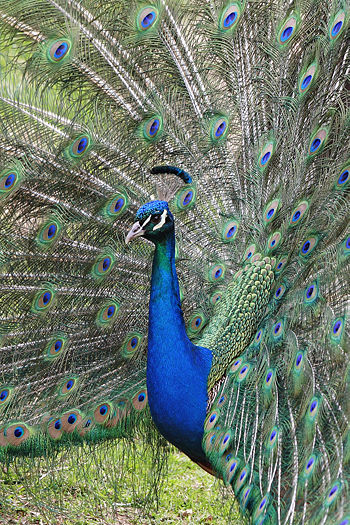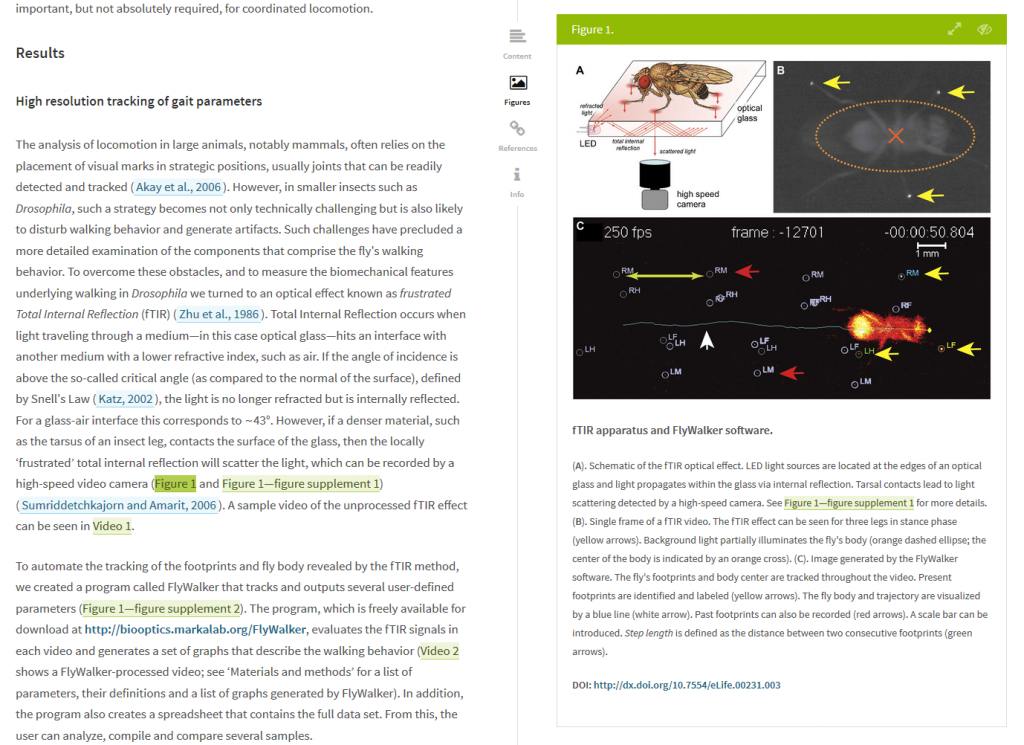
Update, Dec. 4, 2015: With the online discussion moving towards grantsmanship and the decision of what level of expertise to expect from a reviewer, I have written down some thoughts on this angle of the discussion. With more and more evaluations, assessments and quality control, the peer-review burden has skyrocketed in recent years.



